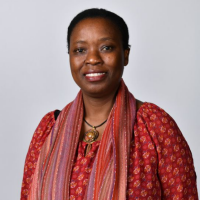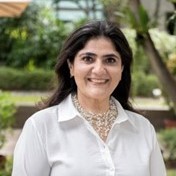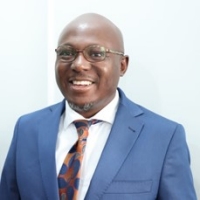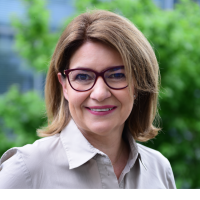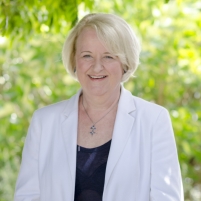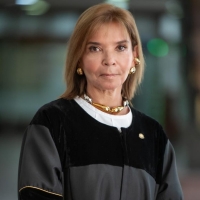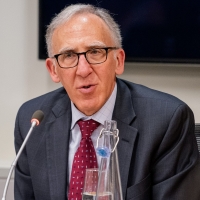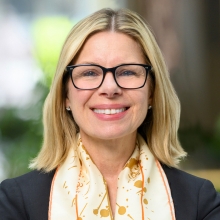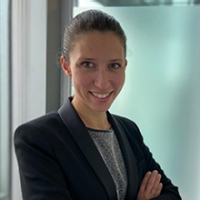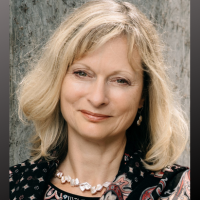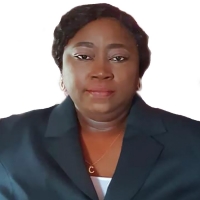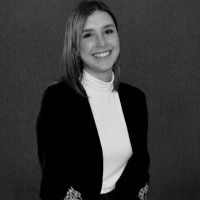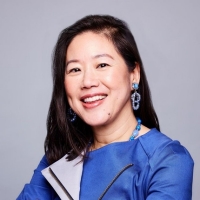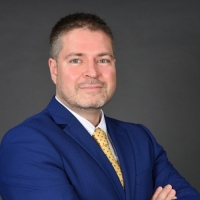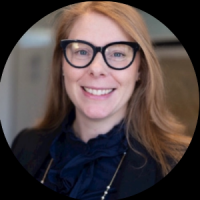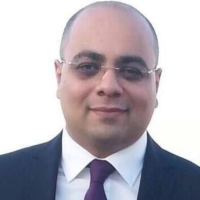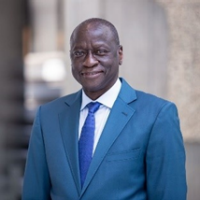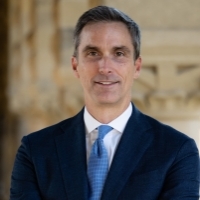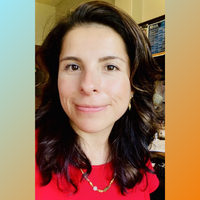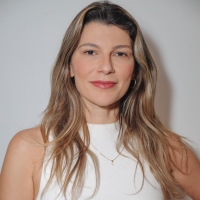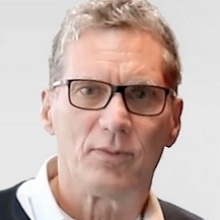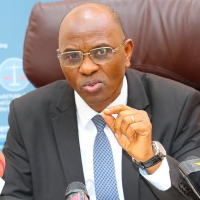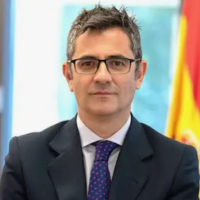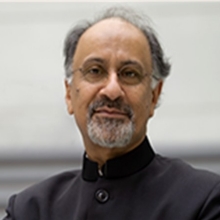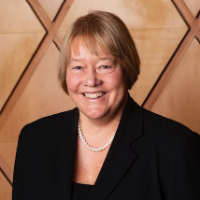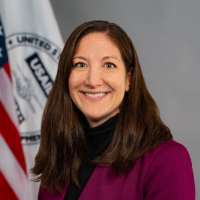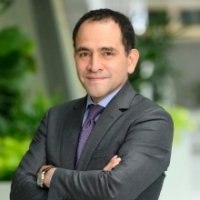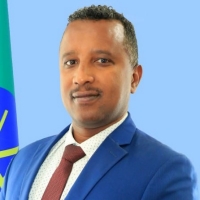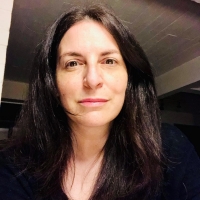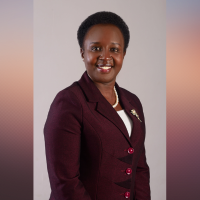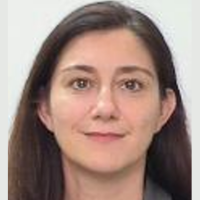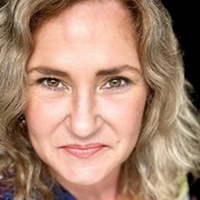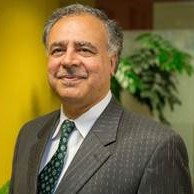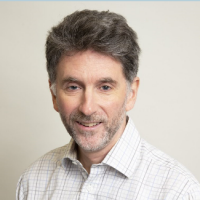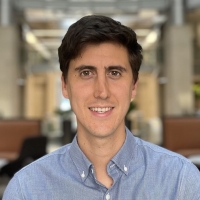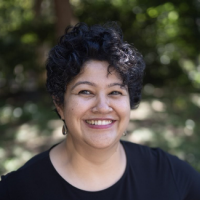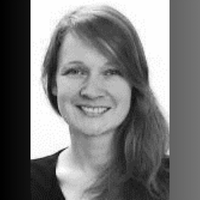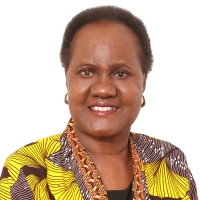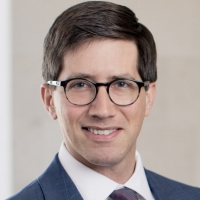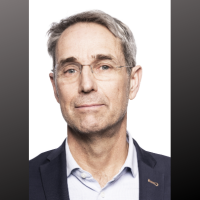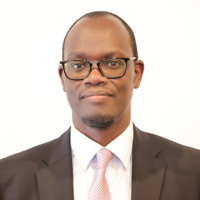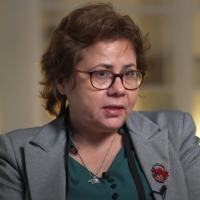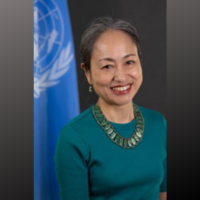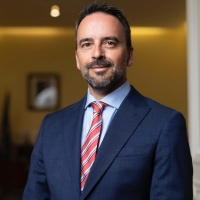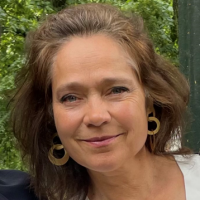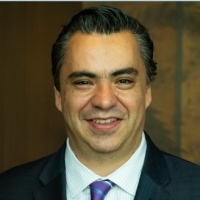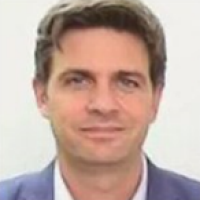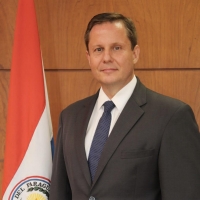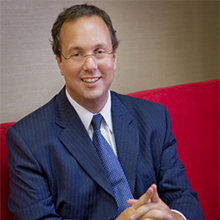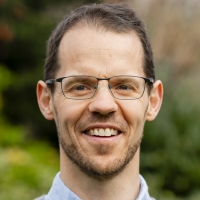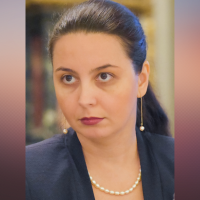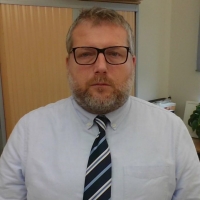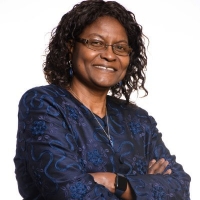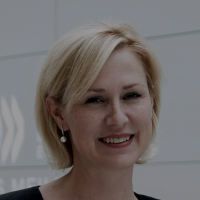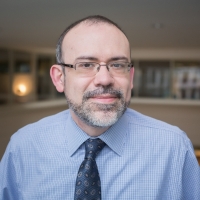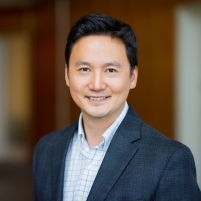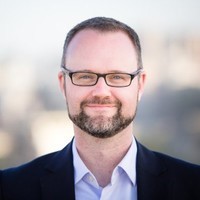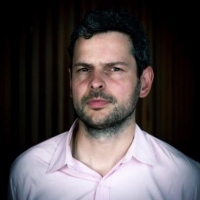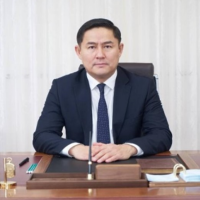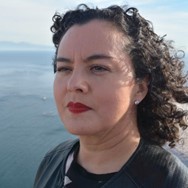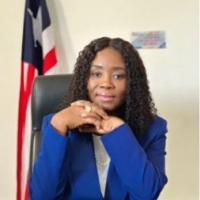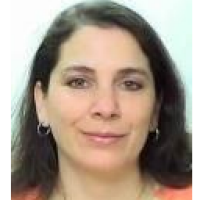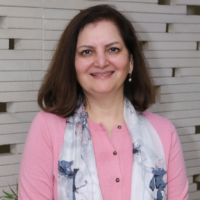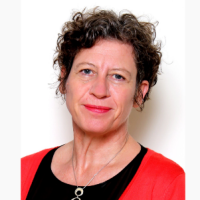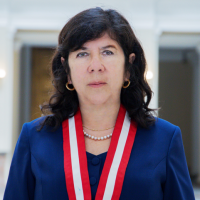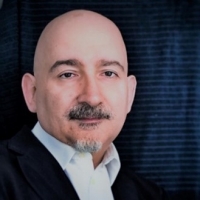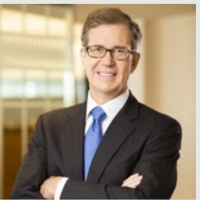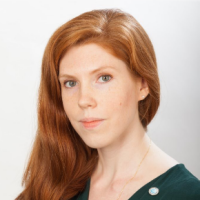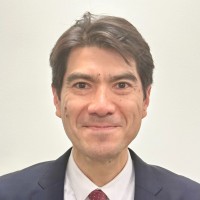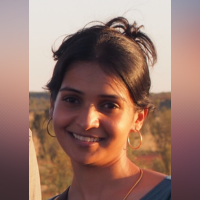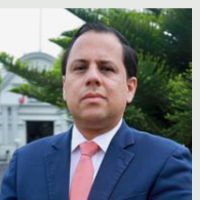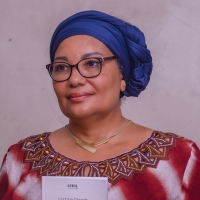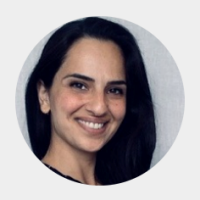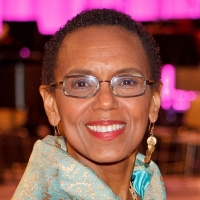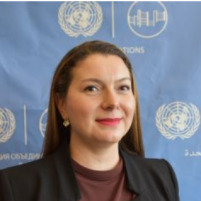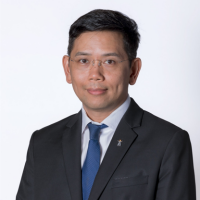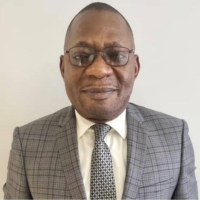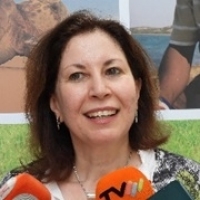Thank you for your attendance and support for this event! We are in the process of posting session replays on this site, including the Spanish and French versions.
- OVERVIEW
- Day 1
- Day 2
- WORLD CAFÉS
- SPEAKERS
- RELATED
Justice institutions and the rule of law are vital to the achievement of the World Bank Group’s (WBG) mission to end extreme poverty and boost shared prosperity on a livable planet. Effective justice institutions underpin accountability and citizen confidence, safeguard investments and property rights, and stimulate economic growth, thereby laying the foundations for good governance and prosperous societies. Aware of this critical role, the WBG is calling for collective action to strengthen justice systems and the rule of law around the globe.
Based on this premise, the WBG will host the “Justice and the Rule of Law Global Forum: Fostering Inclusive and Sustainable Development” on June 25 and 26, 2024, at the WBG’s headquarters in Washington, D.C. The Forum aims to foster dialogue and collaboration within a broad ecosystem of stakeholders to reaffirm the role of justice and the rule of law as an essential element of development. The event will bring together over 200 participants from across the world, including senior government and judicial officials, WBG leadership, international and civil society organizations, private sector representatives, and academia.
The Forum will be hosted by the World Bank’s Governance Global Practice, and its Global Program on Justice and the Rule of Law. The Forum is co-hosted by the International Association of Women Judges (IAWJ); International Development Law Organization (IDLO); Justice Action Coalition, Organisation for Economic Co-Operation and Development (OECD); Spanish Ministry of the Presidency, Justice, and Relations with Parliament; Stanford Law School Legal Design Lab; United Nations Development Programme (UNDP); United States Agency for International Development (USAID); and the World Bank’s Legal Vice Presidency.

DATES: June 25-26, 2024
LOCATION: World Bank Headquarters
Day 1: Tuesday, June 25, 2024
| 07:30 | Breakfast and registration |
| 08:40 | Welcome address
|
| 08:50 | Opening remarks | Watch the replay
|
| 09:00 | Keynote Address: ESG: The Role of Companies, Governments, and the Courts | Watch the replay
|
| 10:00 | Plenary 1: Access to Justice for All: Closing the Global Justice Gap | Watch the replay
Moderator: Arturo Herrera, Governance Global Director, World Bank Group |
| 11:00 | Coffee break |
11:30 |
World Cafés: Innovative Approaches to Access to Justice Featuring innovative projects by the WBG and partner organizations |
12:45 |
Lunch break |
13:45 |
Plenary 2 – Justice and Rule of Law for Inclusive and Sustainable Development: Operational Perspectives | Watch the replay
Moderator: Indermit Gill, Chief Economist and Senior Vice President for Development Economics, World Bank Group |
| 14:45 | Coffee Break |
15:15 |
Deep Dive sessions: 1. Measuring Justice: Leveraging the Power of Data | Watch the replay
Moderator: Chiara Bronchi, Governance Practice Manager, World Bank Group 2. Justice as an Essential Pillar of Economic Development | Watch the replay
Moderator: Fabian Seiderer, Governance Practice Manager, World Bank Group 3. The Rise of Artificial Intelligence in Justice Systems: Promise and Perils | Watch the replay
Moderator: Tracey Lane, Governance Practice Manager, World Bank Group 4. Reaching the People: The Role of Customary Justice | Watch the replay
Moderator: Francesca Daverio, Head of Office, World Bank Group |
| 16:30 | Break |
| 17:00 | Networking Cocktail |
| 18:30 | End of Day 1 |
Day 2: Wednesday, June 26, 2024
08:00 |
Breakfast |
08:45 |
Recap of Day 1 |
09:00 |
Plenary 3: The Role of Tech and Innovation in Advancing the Delivery of Justice | Watch the replay
Moderator: David Freeman Engstrom, Professor, Stanford University |
| 10:00 | Room swap |
10:10 |
Deep Dive Sessions: 1. Justice and Rule of Law in Fragile and Conflict-affected Settings | Watch the replay
Moderator: Nabila Assaf, Fragility, Conflict and Violence Manager, World Bank Group 2. Bridging the Gender Gap in Access to Justice | Watch the replay
Moderator: Hana Brixi, Gender Director, World Bank Group 3. Just Business: Conjugating Profit and Respect for Human Rights | Watch the replay
Moderator: Paola Fajardo-Heyward, Ph.D., Program Manager, Human Rights, Inclusion and Empowerment Umbrella Trust Fund, World Bank Group 4. Digital Transformation of Justice: Capitalizing on Opportunities and Managing Risks
Moderator: Carolina Rendon, Resident Representative in Uruguay, World Bank Group |
11:20 |
Coffee break |
11:50 |
Deep Dive Sessions: 1. Justice for a Planet in Crisis | Watch the replay
Moderator: Revai Makanje Aalbaek, Senior Adviser, Justice and Security, UNDP 2. Inclusive Institutions: Paving the Path to People-Centered Justice | Watch the replay
Moderator: Manuel Vargas, Governance Practice Manager, World Bank Group 3. Fighting Corruption through Effective Justice Systems
Moderator: Adrian Fozzard, Governance Practice Manager, World Bank Group 4. Transforming the Financing of People-Centered Justice | Watch the replay
Moderator: Irum Ahsan, Head of Advisory, Compliance Advisor Ombudsman of IFC, World Bank Group |
13:00 |
Lunch break |
14:00 |
Plenary 4: Towards a Justice System that Fosters Accountability and Citizen Trust | Watch the replay
Moderator: Christopher Stephens, Senior Vice President and General Counsel, World Bank Group |
15:00 |
Fostering Collaboration: The Global Partnership on Justice and the Rule of Law | Watch the replay
|
| 15:45 | Closing Remarks | Watch the replay
|
| 16:00 | End of Forum |
DIRECTORY OF WORLD CAFÉS
Country-level and Regional World Bank Engagements
World Bank Global Knowledge and Data Initiatives
International Initiatives |
|||||||||||
#12. The Hague Institute for Innovation of Law (HiiL): Making People-Centered Justice a RealitySeventy percent of individuals facing justice issues lack resolution. Conflicts connected with issues that deeply affect people’s agency, health, and well-being in areas such as family, employment, crime, and land, are left to fester. Despite attempts at institutional capacity-building and grassroots initiatives, scalability remains a challenge. HiiL suggests building on the strengths of both approaches to make justice delivery concrete, at scale. We do that by combining the scale and sustainability that institutions bring with the effectiveness and people-centeredness of civil society initiatives. Data about the problems people have and effective evidence-based practices to resolve them form the foundation. The interventions that work best are then embedded in effective delivery models so that people with justice problems find ways to resolve them. In this way, the overall system is improved. Our goal is to provide access to justice for 60 million people in Ethiopia, Kenya, Nigeria, and beyond by 2030, with readiness from formal and informal justice stakeholders to drive change. Presenter: Sam Muller, Founding Director (HiiL) |
|||||||||||
#13. Inova MPRJ + Aetos Tech + EloGroup: Artificial Intelligence for Improved Judicial Service Delivery in BrazilIn Brazil, the Government and startups are working together to develop a hub of investigation and public policy monitoring tools. For instance, Inova MPRJ and Aetos Tech are jointly developing investigation tools to fight corruption and crime in the country. In turn, EloGroup is developing LLM applications to create summaries of lawsuits, identifying and suggesting applicable jurisprudence, and drafting judicial decisions. These initiatives aim to (i) facilitate the understanding and reading of highly complex legal cases by summarizing their content into pre-designed prompts with key questions and (ii) increase productivity and reduce trial time by identifying applicable jurisprudence and developing a judicial decision draft to support the appellate courts' judgments. Presenters: Breno Gouvea, Head of Innovation and Digital Transformation (Ministerio Publico do Estado do Rio de Janeiro), Rafael Braem Velasco, CEO (Aetos Tech), and Felipe Drumond, Manager (EloGroup) |
|||||||||||
#14. Justice Action CoalitionThe Justice Action Coalition (JAC) is a high-ambition coalition seeking to close the global justice gap and achieve equal access to justice for all (SDG 16.3). It provides a platform for members to take stock of progress, share experiences, highlight opportunities, and align efforts to support and promote SDG16.3 by putting people at the center. The JAC seeks to support its members and other interested countries in pivoting to people-centered justice by providing relevant data, evidence, catalytical funding, and technical support. Presenters: Manon Olsthoorn, Policy Coordinator Rule of Law (Netherlands Ministry of Foreign Affairs), Swati Mehta, Program Director (Pathfinders), and Valentijn Wortelboer, Senior Policy Officer (Netherlands Ministry of Foreign Affairs) |
|||||||||||
#15. Laws.Africa: Unlocking the Value of African Digital Legal Information in Support of the Rule of Law, Access to Justice, and InnovationLaws.Africa capacitates African governments to modernize their legislation and case law publication processes and make foundational legal information available to the public through our Open Law Africa program. We believe in open access and ensuring that governments own their legal information. We offer our technology, knowledge base, and training to Judges, Attorneys General’s offices, Law Reform Commissions, Government Printers, and Parliaments across the continent and throughout the world. Presenters: Greg Kempe, Co-Founder and Head of Technology (Laws.Africa), and Mariya Badeva, Co-Founder (Laws.Africa) |
|||||||||||
#16. Overseas Development Institute (ODI): Delivering people-centered justice results at scale: successful scale-ups in front-line services in Malawi and Sierra LeoneODI’s research has identified multiple scalable, low-cost, innovative approaches to front-line people-centered justice, including in Sierra Leone and Malawi. In Sierra Leone, the government-funded Legal Aid Board built on innovative paralegal approaches pioneered by CSOs and scaled up thirty-fold the number of people advised and represented. In Malawi, the Paralegal Advisory Service Institute has achieved significant human rights improvements. Their paralegals support and advise nearly all of Malawi’s unsentenced detainees. The result of high-frequency visits is exceptionally low rates of unsentenced detention achieved over many years - below the OECD’s average. In both cases, success has been achieved through innovative, locally developed, low-unit-cost models, enabling services to go to scale. Both showcase what can be achieved if people-centered justice outcomes are prioritized and funded. Presenters: Clare Manuel, Senior Research Associate (ODI), Marcus Manuel, Senior Research Associate (ODI), and Claire Carlton-Hanciles, Executive Director (Sierra Leone Legal Aid Board) |
|||||||||||
#17. United Nations Development Programme (UNDP): Enhancing Rule of Law and Access to Justice in Fragile SettingsWith the support of the German Foreign Office, UNDP has been implementing a project to strengthen the rule of law and enhance resilience and access to justice for disadvantaged communities in Georgia and the wider region. The project launched an innovative mobile legal clinic that provided specialized access to justice services for more than 200 individuals and raised awareness of more than 800 beneficiaries in conflict-affected and remote regions of Georgia. A socio-economic resilience center for Ukrainian refugees in Georgia was also set up, providing integration and referral services to more than 2,500 refugees. In addition, the initiative supported regional efforts and collaboration on access to justice in light of the conflict in Ukraine. The project supported the development of new regional standards by facilitating the drafting and adoption of the Tbilisi Declaration on Access to State-Guaranteed Legal Aid for Forcibly Displaced Populations. Presenters: Levan Asatiani, Rule of Law Project Manager (UNDP), Revai Makanje Aalbaek, Senior Advisor on Justice and Security (UNDP), and Trushaa Castelino, Programme Officer (UNDP) |
|||||||||||
#18. United Nations Educational, Scientific and Cultural Organization (UNESCO): Global Judges Initiative – Artificial Intelligence and Rule of LawThe judiciary plays an important role in the governance of Artificial Intelligence by applying international human rights standards to the ethical concerns related to bias, discrimination, privacy, and transparency while also leveraging AI systems to strengthen access to justice and enhance the efficiency of judicial administrations. UNESCO’s capacity-building program on AI and the Rule of Law has deployed large-scale trainings for the judiciary in the form of Massive Open Online Courses (MOOCs), in-person regional and national trainings for judges and judicial training institutions, and is assisting countries in curriculum development on AI and the Rule of Law. Presenter: Prateek Sibal, Programme Specialist, Digital Policies and Digital Transformation (UNESCO) |
|||||||||||
#19. United Nations Office on Drug and Crime (UNODC): Ensuring equal access to justice in an age of technological innovationWe are currently witnessing a wave of technological innovation in the field of criminal justice. While the responsible use of certain technologies has the potential to assist in optimizing scant resources, improving responsiveness, strengthening transparency and accountability, and reducing corruption and abuse of power, the use of technology in the high-stakes settings of policing and criminal justice is not without risks. UNODC is working to examine the international state of knowledge on the benefits and potential risks of technological innovation in criminal justice settings. Taking stock of current developments and establishing an evidence base on “what works” is important to understand how, why, and for whom certain forms of technological innovation can be of benefit. Through an analysis of the risks and benefits of specific case uses, UNODC presents priority considerations for ensuring that technological innovation in the field of criminal justice contributes meaningfully to equal access to justice for all. Presenter: Dr. Wendy O’Brien, Crime Prevention and Criminal Justice Officer (UNODC) |
|||||||||||
#20. United States Agency for International Development (USAID): Rule of Law IDEAS LabThe IDEAS Lab is the USAID Rule of Law Policy’s primary implementation vehicle—a dedicated knowledge and support center for USAID Missions, personnel, partners, and other rule of law influencers and justice innovators to close the global justice gap and address the unmet justice needs of an estimated five billion people worldwide. Through a broad range of state-of-the-art methodologies, breakthrough techniques, and dynamic processes, the IDEAS Lab also works to empower local actors to facilitate more peaceful, just, and inclusive societies and demonstrate how the rule of law and democratic and accountable governance deliver. Presenters: Andrew Solomon, Senior Rule of Law Advisor (USAID), and Greg Gisvold, Senior Rule of Law Expert (USAID) |
|||||||||||
#21. Women in Leadership in Law (WILIL)The Women in Leadership in Law (WILIL) initiative from the International Association of Women Judges (IAWJ) is dedicated to empowering women judges in five pilot countries across the Global South: Kenya, Mexico, Nigeria, South Africa, and The Philippines. WILIL adopts a tailored approach, recognizing the distinct dynamics and context of each national judiciary. Through collaboration with national women’s judicial associations in the pilot countries, WILIL aims to promote strategic solutions for women's advancement within the judiciary. Presenter: Amie Lewis, Senior Program Officer (IAWJ) |
|||||||||||
#22. World Justice Project (WJP): The Link Between Poverty and the Justice GapThe World Justice Project (WJP) is an independent, multidisciplinary organization working to create knowledge, build awareness, and stimulate action to advance the rule of law worldwide. Recent work from the WJP provides rich, new data that illuminates people’s varied experiences in the search for justice. The work examines how gender, development, and wealth impact access to justice around the world. It also delivers new findings on the use of informal justice dispute resolution mechanisms and the impact of COVID-19 on justice delivery. The WJP’s report also identifies the urgent need to collaborate in creative ways. Leveraging existing data and collecting new data on people’s legal needs and justice outcomes is critical to advancing the design and delivery of people-centered justice. Presenters: Alejandro Ponce, Chief Research Officer (WJP), Daniela Barba, Director of Research on Access to Justice (WJP), and Mark Lewis, Chief of Public Sector Partnerships (WJP) |
Date: June 25 - 26, 2024 ET
Location: Washington, D.C.

